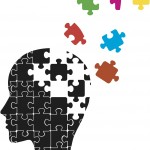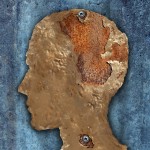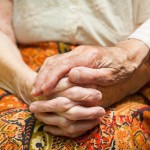
Family and friends often play a very important role in supporting older people with long-term, severe mental health problems. It is estimated that 25% of the 6 million carers in the UK are supporting someone with a mental health problem (Carers Trust, 2007). Stress has been cited as having a major impact on the wellbeing [read the full story…]












